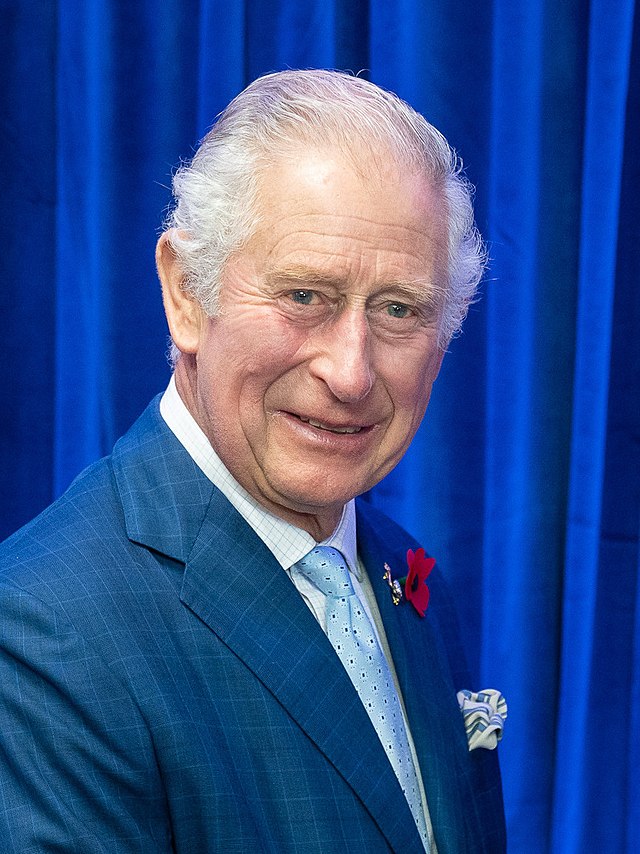Did King Charles embrace pantheism?

King Charles III attended the Opening Ceremony of the World Climate Action Summit at COP28 UAE. The King addressed the gathering of national leaders at the Summit, hosted by the President of the UAE, in Dubai.
There was much to commend in the speech at the opening ceremony. As Christians, we understand we are stewards of the earth’s resources and we seek to use them carefully and responsibly as much as we are able. Encouraging industries and individuals to be efficient and prefer cleaner ways of consuming is surely a good thing, isn’t it? Caring for the poor affected by climate change, whatever the causes, is to be commended.
But what caught my attention was the King’s closing words when he said:
‘We need to remember too, that the indigenous worldview teaches us that we are all connected, not only as human beings but with all living things and all that sustains life. As part of this grand and sacred system, harmony with nature must be maintained. The earth does not belong to us, but we belong to the earth.’
Only he will know quite what he meant by those words, and I do realise the context was of many nations with many different ideologies in the audience, but it was dangerously close to a pantheist view of the world that it somehow has an intrinsic sacred harmony.
The King’s address did not recognise that the earth belongs to God, who has given humans the responsibility to ‘fill the earth and subdue it. Rule over the fish in the sea and the birds in the sky and over every living creature that moves on the ground.’ (Gen 1:28). In a very real way, the earth does belong to us. We are not a predator or parasite spoiling the otherwise harmonious balance.
It also did not acknowledge that it is the effects of the fall of humanity into sin which disrupts the ‘sacred harmony’ and not simply our over-consumption of energy.
Our sacred obligations are to our creator God, for our moral behaviour and indeed for our responsible rule over creation, not to worship and serve created things.
Jesus Christ was not born to solve a climate crisis, if such exists, but to redeem us from living under the curse of God’s wrath which is seen in our frailty and the fractures in creation which will never truly be mended until Jesus returns and establishes the new heavens and new earth.
